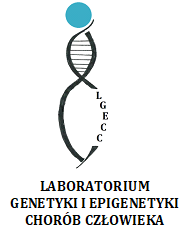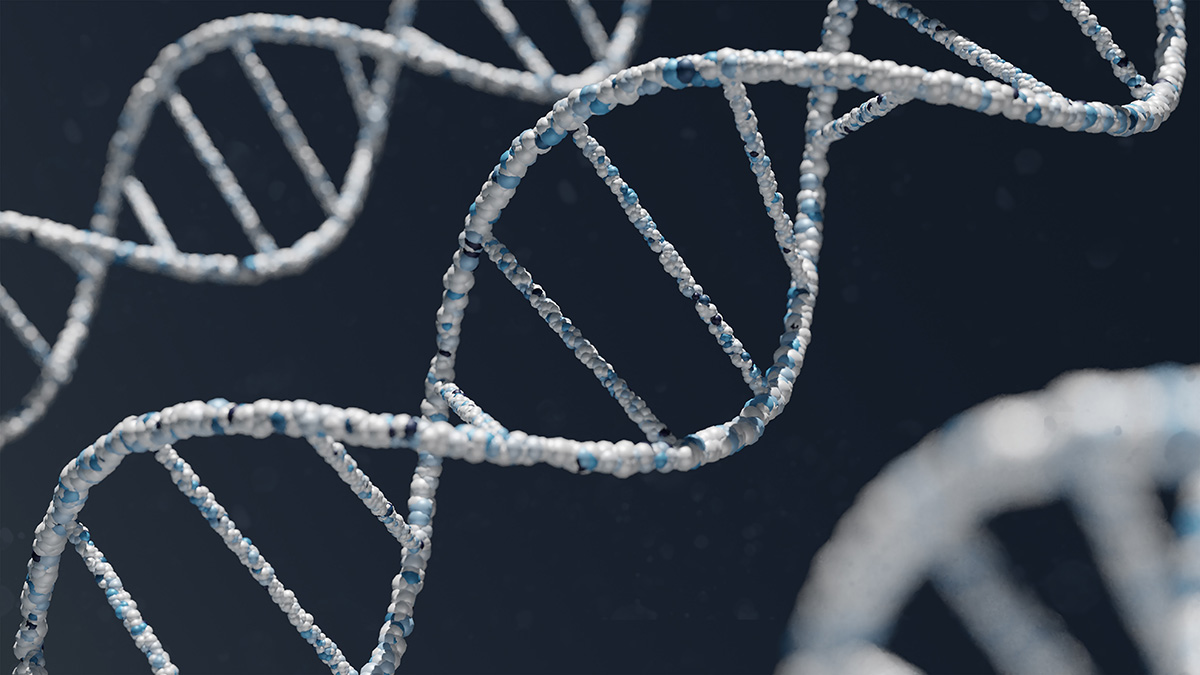
The Laboratory of Genetics and Epigenetics of Human Diseases (LGEHD) was established in July 2020. The primary research topic of our Laboratory is genetic and epigenetic control of immune response (with a special focus on immune checkpoints) in the development, progression and response to treatment in human diseases. The laboratory also conducts research on the genetics of hematologic disorders and research on potential markers affecting the outcome of patients after hematopoietic stem cell transplantation.
In particular, our studies concentrate on:
- investigation of inherited variations within genes regulating the immune response in relation to the risk of developing cancer, autoimmune and other diseases;
- searching for new diagnostic biomarkers and studying their relationship with the risk of developing and the course of cancer, autoimmune and other diseases;
- evaluation of the relationship between epigenetic modifications (e.g. DNA methylation and miRNA) and the risk of disease development and progression;
- searching for biomarkers of response to immunotherapeutic treatment;
- examination of the functional relevance of inherited genetic variants, miRNA function
We conduct our research projects in cooperation with other research centers and medical facilities, including the Department of Pulmonology and Lung Oncology of Wroclaw Medical University and Lower Silesian Center of Oncology, Pulmonology and Hematology.
Thanks to inter-center cooperation with Lower Silesian Center for Oncology, Pulmonology and Hematology three implementation doctorates are carried out in our Laboratory from 2022.
Currently, 6 research grants are being carried out in the Laboratory:
Grant OPUS 17 financed by the National Science Centre: “The immune checkpoints in non-small cell lung cancer-research on genetic and epigenetic mechanism regulating mRNA and protein expression” principal investigator: Monika Jasek MSc, PhD, DSc; 2 257 528 PLN (2020-2023) (grant No. 2019/33/B/NZ5/03029)
The National Science Centre Grant OPUS 17: ”The immune checkpoints in non-small cell lung cancer-research on genetic and epigenetic mechanism regulating mRNA and protein expression” principal investigator: Monika Jasek PhD; 2 257 528 PLN (2020-2023) (grant No. 2019/33/B/NZ5/03029)
MINIATURA 6 grant funded by the National Science Center (2022-2023): “Immunogenicity of COVID-19 vaccination and infection in patients with hematopoietic malignancies”, principal investigator Emilia Jaskuła PhD
Implementation PhD founded by Ministry of Higher Education: “Diagnostic, prognostic and therapeutic significance of tissue damage markers in graft-versus-host disease in patients after allogeneic hematopoietic cell transplantation” PhD student Marta Szyca-Smieszniak, supervisor Lidia Karabon PhD
Implementation PhD founded by Ministry of Higher Education: “Diagnostic, prognostic and therapeutic significance of studies of the somatic hypermutation status of the immunoglobulin heavy chain variable (IGHV) region in chronic lymphocytic leukemia,” PhD student Iga Jendrysik, supervisor Lidia Karabon PhD.
Implementation PhD founded by Ministry of Higher Education: “Prognostic and therapeutic significance of TP53 gene mutation and 17p deletion studies in chronic lymphocytic leukemia”, PhD student Anna Sobczyńska-Konefał MD, supervisor Monika Jasek PhD.

 Head: Professor Lidia Karabon MSc, PhD, DSc (Associate Professor,
Head: Professor Lidia Karabon MSc, PhD, DSc (Associate Professor,